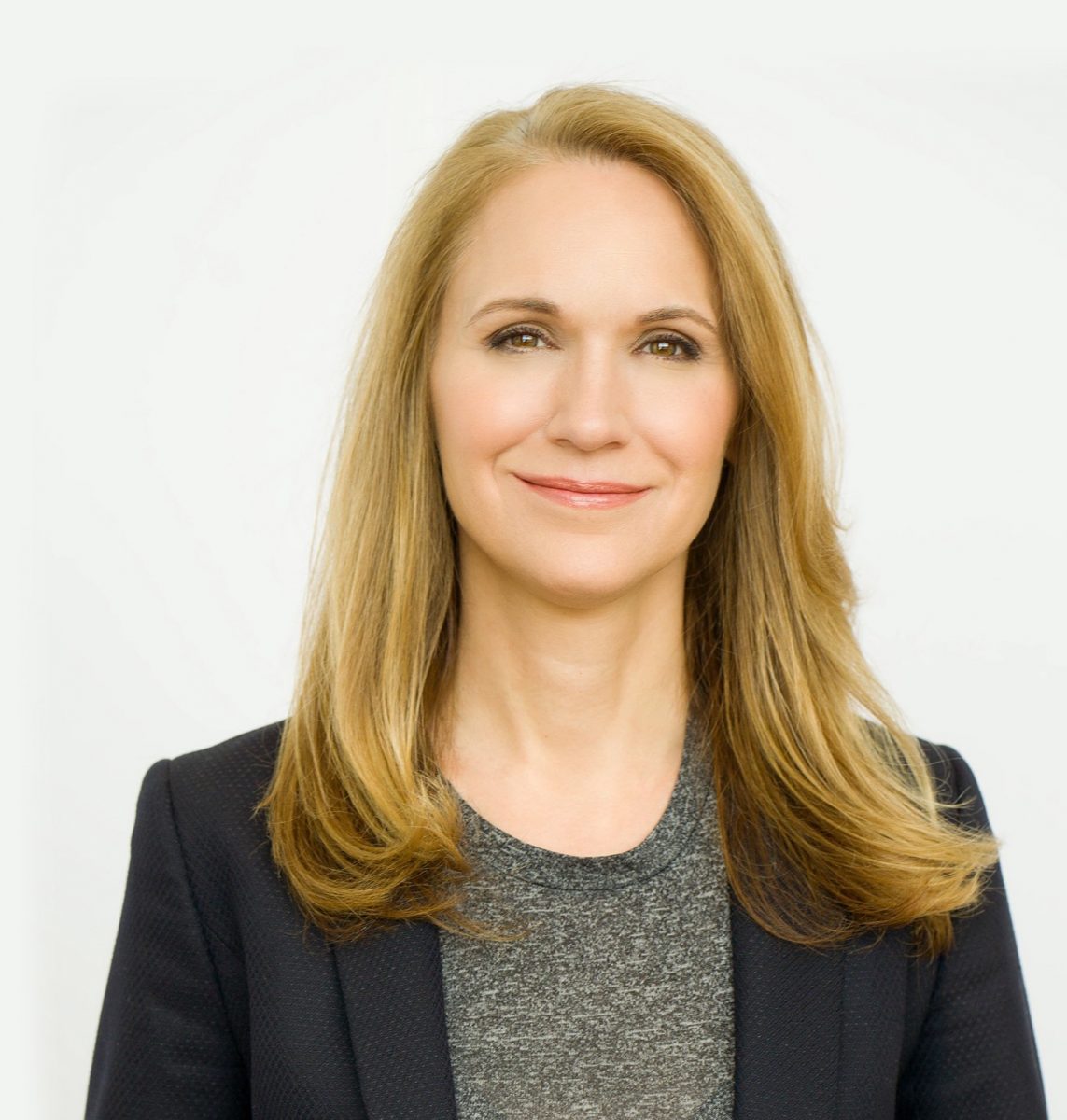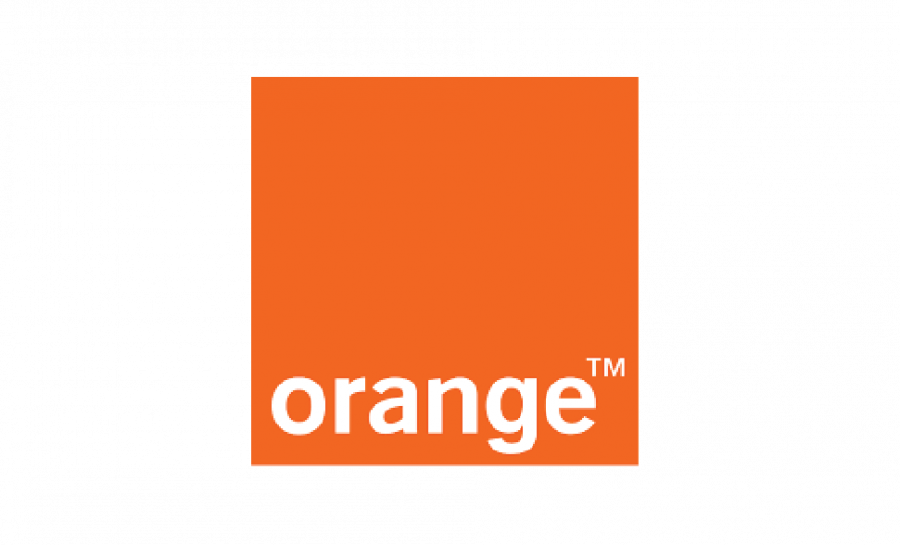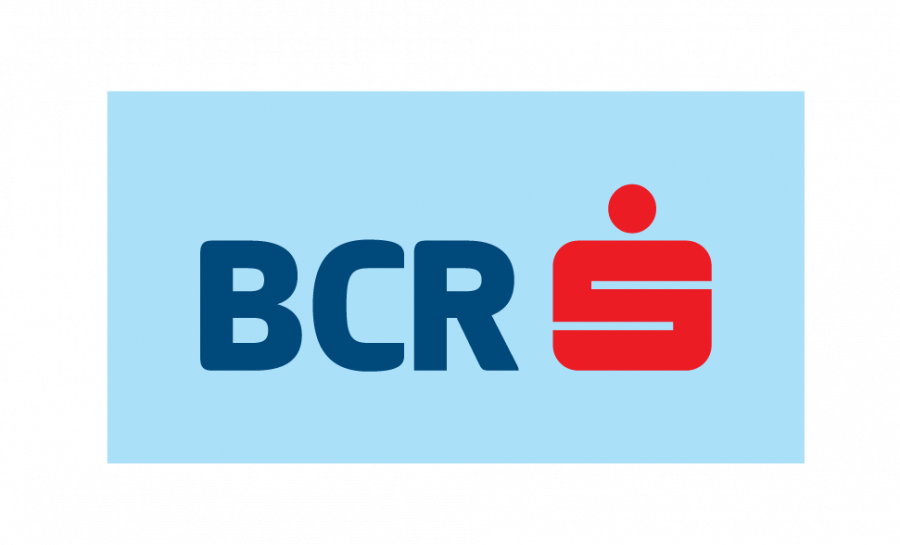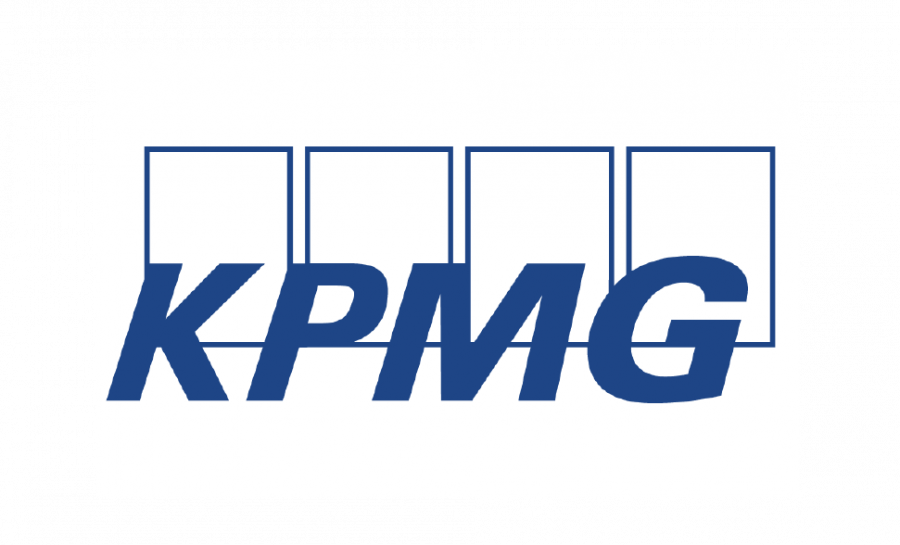7 October, 2019
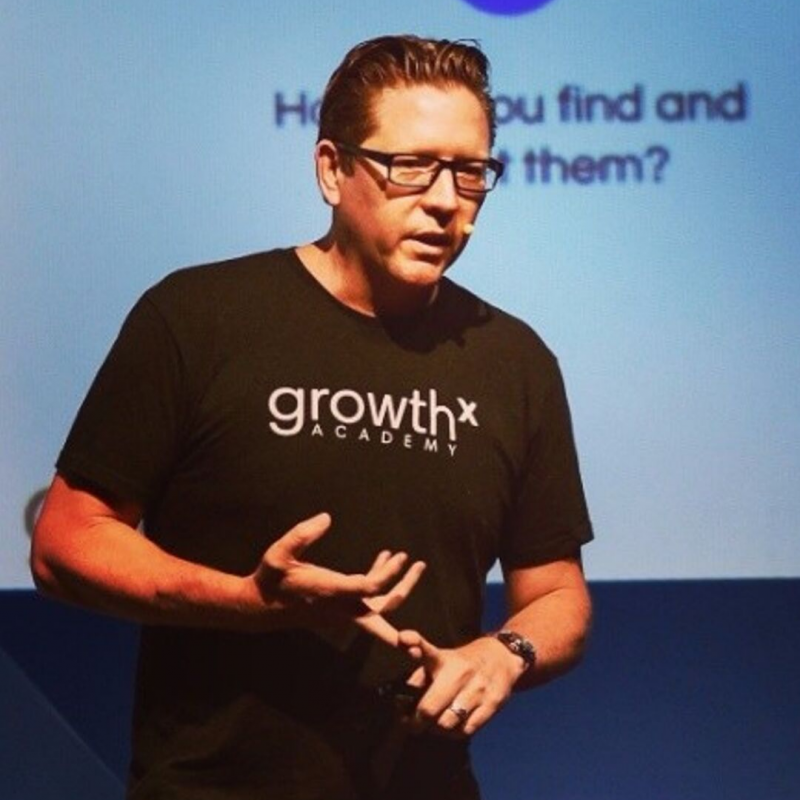
Sean Sheppard is a serial entrepreneur and the co-founder of GrowthX and GrowthX Academy, with 3 successful exits. He has successfully grown dozens of early-stage companies across a wide variety of products and markets. And he was recently named the #2 Online Sales Influencer and he is a contributor at The Huffington Post.
He’s now committed to working with countries, companies, entrepreneurs and those who want to work with them on building startup ecosystems and developing the next generation of leaders for the innovation economy.
Q1: What does a growth mindset mean to you?
Q2: How can you develop a growth mindset?
You must begin with changing your beliefs. Remove the word rejection from your vocabulary and replace it with feedback and view that feedback as a gift. Be grateful for the opportunity to learn and development every aspect of who you are and the product/service you provide. And make it easy and safe for people to give you honest feedback. Your behaviors must follow your words. Pay close attention to how the word responds to a person with a growth mindset and copy those actions and you will see results almost immediately.
Q3: How can you figure out your product/market fit?
Q4: What would you prioritize? Product innovation, or product optimization?
Q5: What are the biggest 3 mistakes startups make when they’re making sales?
Q6: How can you profile early customers?
Begin by looking for Mr. Right Now, not Mr. Right. A small group of early customers you can work deeply with to solve a valuable problem. The key is to build an Initial Customer Profile (ICP) that is willing to share the journey with you and help you validate and build a use case that your market wants. And then look for the fastest path to traction. Most learning, least work in the shortest period of time possible!
Q7: What fundamental technical skills should a growth hacker have?
There are many – and they all can be found here on the GrowthX Academy Site: https://growth.gxacademy.com/p/million-dollar-marketer. But here are some: JavaScript Event Handlers, API’s, SQL, Web Scraping, Server vc. Client Side A/B Testing, Front-End Web Development, Conversion Rate Optimization (CRO), Landing Page Creation & Optimzation, Paid Acquisition, Display Advertising, Google Analytics, Facebook Business Manager, Sales Hacking, How to pick the best ideas to test.
This is part 1 of the interview.
Want to learn more about how to successfully launch a new product on the market? Make sure you join us at How to Web Conference 2019 on the 30th & 31st of October and attend Sean Sheppard`s workshop here. Get your early bird ticket here: https://2019.howtoweb.co/buy-tickets/.
You may also like
5 Questions with April Dunford (author and product positioning expert) - Part 2
Sean Sheppard is a serial entrepreneur and the co-founder of GrowthX and GrowthX Academy, with 3 successful exits. He has successfully grown dozens of early-stage companies across a wide variety of products and markets. And he was recently named the #2 Online Sales Influencer and he is a contributor at The Huffington Post. He’s now… Read more »
5 Questions with Bob Moesta (co-architect of the Jobs-to-be-Done framework)
Sean Sheppard is a serial entrepreneur and the co-founder of GrowthX and GrowthX Academy, with 3 successful exits. He has successfully grown dozens of early-stage companies across a wide variety of products and markets. And he was recently named the #2 Online Sales Influencer and he is a contributor at The Huffington Post. He’s now… Read more »


